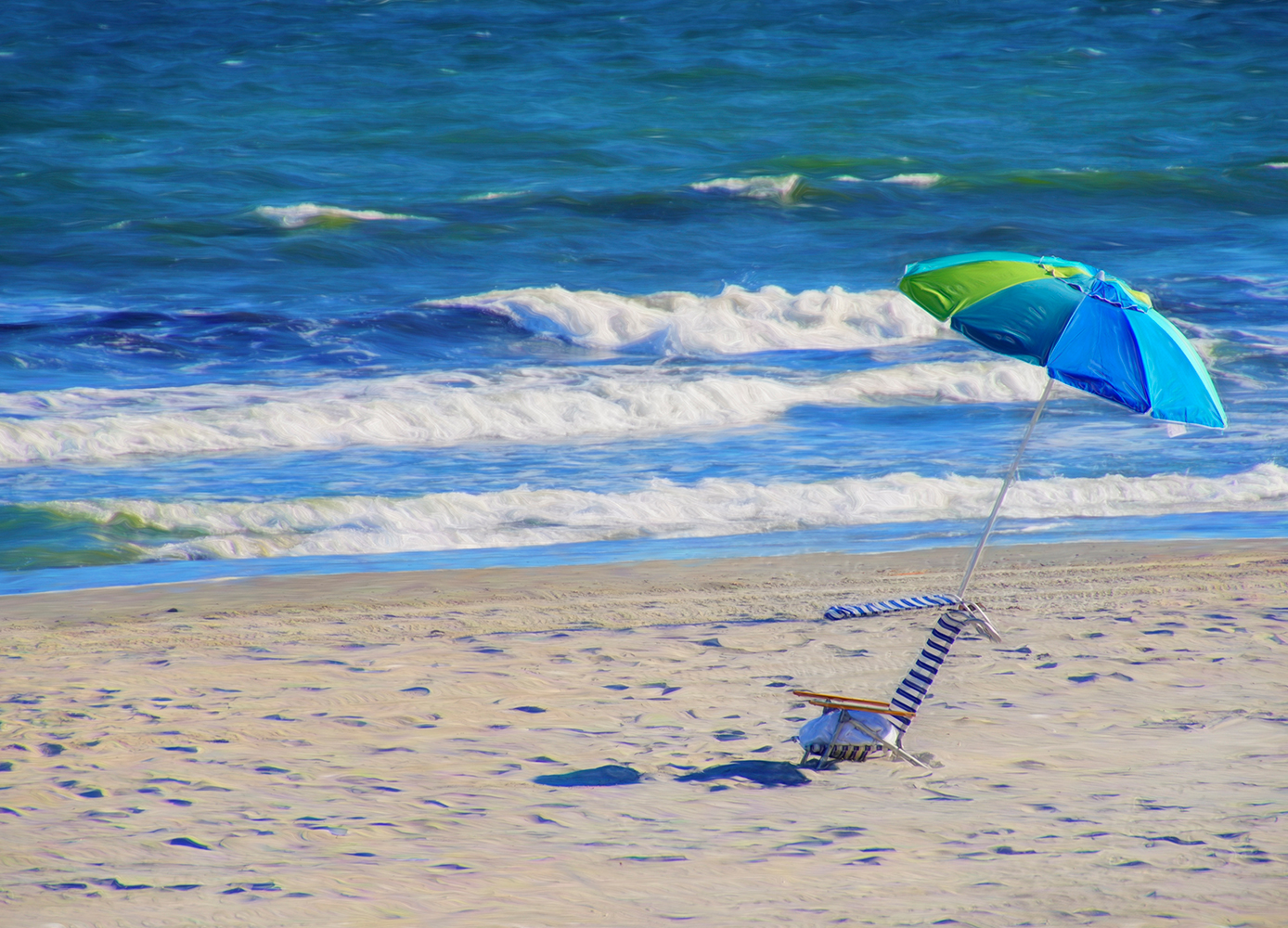My favourite season for many years was autumn, because autumn meant the end of summer. Why would anyone welcome the end of summer? The answer is that I grew up in Montreal on the upper floor of a duplex in a time before air conditioning. (Okay, it existed, but our budget stretched to a few feeble fans, and that was it.) And Montreal is an island in the middle of a river, in a river valley. That means that when summer comes along and the temperature steadily rises, there’s a lot of humidity to make it feel even hotter than it is. Every summer, I spent July and August feeling like a lobster being slowly simmered to death. Trying to get to sleep on a hot, humid, muggy (like humid but worse—it’s a word we used a lot but which I haven’t heard in years), and seemingly airless July night was torture. I hated summer.
Fortunately, my parents had a solution. I wasn’t the only Montrealer who dreaded and then hated July. Thousands fled every summer to the Atlantic Ocean—to Maine, Massachusetts, or New Jersey, to the seashore, where, though it might be hot, cool breezes blew in off the ocean and made summer bearable, at least for a while, and the motels had air conditioning. (I know it doesn’t sound terribly patriotic to admit that we fled to the United States, but it was a lot closer than the Maritimes.)
And so almost from the day school ended in June, my siblings and I would almost every day reach under our parents’ bed for the small green suitcase that held the promise of relief—and, as more and more summers went by, a lot of nostalgia. We would plop it on the bed, open it, and leave the muggy heat behind as we oohed and aahed over postcards, maps, and the brochures from the seaside motel to which we knew we’d be returning. The pictures of our summer refuge and the nearby beach kept us happy for hours as we both reminisced and planned. We were going to Atlantic City and the famous Dennis Hotel.
By the mid-1960s, Atlantic City—once a booming seaside resort—still retained much of its glamour and charm, but the city was slowly becoming more and more rundown. We children didn’t notice. Even the Dennis, once a multi-star destination, found its stars fading, and the grand hotel had added a less expensive motel extension. We stayed there, a full city block from the famous Boardwalk and the beach. We didn’t notice the distinction. Other visitors dined in the dining room or in restaurants; we, though cooking in the room wasn’t allowed, feasted every night on Beefaroni heated up in an electric frying pan. We loved it.
The annual respite my parents made possible stretched their budget to the breaking point—and, I suspect, beyond it. But they wouldn’t deny us, and they made the necessary sacrifices, including living on Beefaroni, to make it possible. When the muggy days of July come round every year, I have the memories they gave us to help me get through them, and I am grateful. Sometimes, I even have Beefaroni for lunch—just because.

Photo: Laurence Labat
Murray Lewis
Editor-in-Chief
Photo: iStock/La_Corivo.






